Vietnam will see an increase in FDI
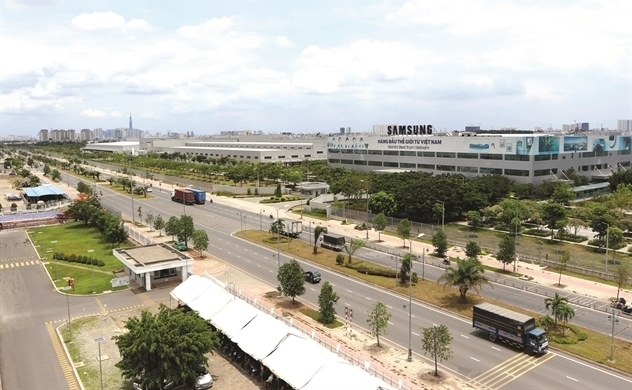
Vietnam is pursuing the so-called "East Asian Development Model". Photo: Le Toan.
The continuing trade war between the United States and China has benefited Vietnam more than any other country in terms of Foreign Direct Investment inflow thanks to three key features that have encouraged investment from multinational firms and seen an increase in some exports.
While both countries have very similar output from their human resources, Vietnam's greatest advantage is its far lower factory worker pay, which is only half of what they are in China. The proximity of Vietnam to the Asian supply chain is another advantage for the manufacturing of high-tech goods in Vietnam. Another advantage is that foreign companies are more likely to invest in Vietnam because of the lower possibility of increased tariffs on shipments to the United States.
Following Antony Blinken's visit to Vietnam with the largest-ever delegation of prominent US firms, Vietnam has become an appealing investment destination. Vietnam still has an advantage despite rumors that Apple plans to open additional plants in India after its CEO Tim Cook visited the country in April.
This is due to the fact that the "China + 1" investment strategy that has greatly increased the flow of FDI into Vietnam over the past decade, especially since the escalation of the trade dispute between the United States and China, cannot be directly applied to investments in India.
As a result, China's share of Least Developed Countries (LDC) in Asia exports to the United States fell from 69 percent to 56 percent between 2018 and 2022. By 2022, Vietnam is expected to have increased its proportion of exports from LDCs in Asia to the US from 6% in 2018 to 13%. This is due mostly to Vietnam capturing almost half of China's diminishing export market share.
 |
| Vietnam's high-tech FDI inflows still focus on assembling consumer electronics and other high-tech products. Photo: Quy Hoa. |
In addition, in the previous two years, some nations in the region, such Malaysia and Indonesia, have attracted much more FDI money, which is good news for Vietnam. Malaysia has begun with electronic product assembly to develop this technology, whereas Vietnam has not yet extended its capabilities to higher value-added industries like data centers and cloud computing. Therefore, Vietnam may benefit from Malaysia's expertise in attracting FDI to fund the development of cutting-edge technology.
The Organization for Economic Co-operation and Development (OECD) proposed a Global Minimum Corporate Tax (GMT) of 15% to be implemented beginning in 2023, and more than 100 nations, including Vietnam, agreed to this idea in 2021. About seventy Vietnamese businesses could see their tax rates rise if the minimum tax is implemented as planned by the government next year. However, a number of developing economies in the region are said to be working on alternative supports, where additional tax revenues will be channeled into a business support fund to subsidize some of the production costs of such companies. This includes supporting subsidized electricity prices, supporting the costs of building new factories, and supporting housing for workers. Companies will be able to pay less overall in taxes if this is implemented as planned.
Since tax incentives are not the primary draw for FDI, it is doubtful that the GMT will reduce the amount of FDI flowing into Vietnam. Infrastructure, political stability, corporate friendliness, quality of the labor, low wages, and cost of living all play larger roles. In addition, Vietnam will have options besides the GMT tax once it is imposed. Therefore, Vietnam will remain a top target for FDI capital inflow, particularly from multinational corporations seeking manufacturing bases to replace their China bases or to produce items for export.
* Note: Mr. Michael Kokalari is Chief Economist at VinaCapital

 TIẾNG VIỆT
TIẾNG VIỆT 


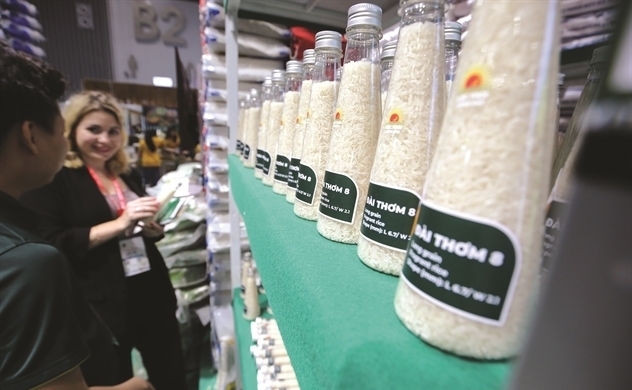


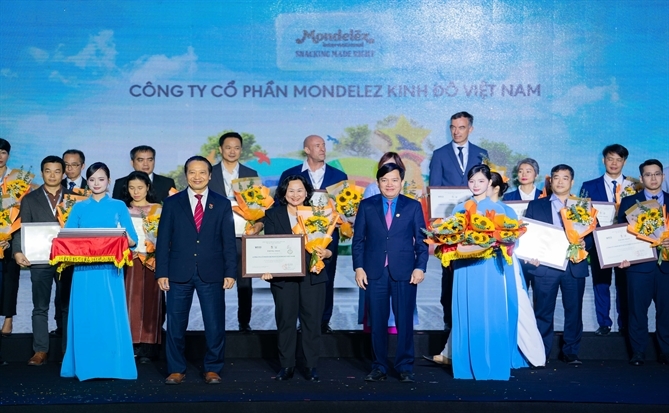

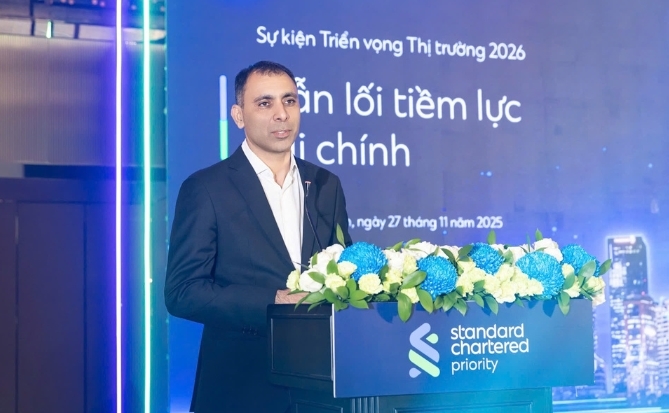

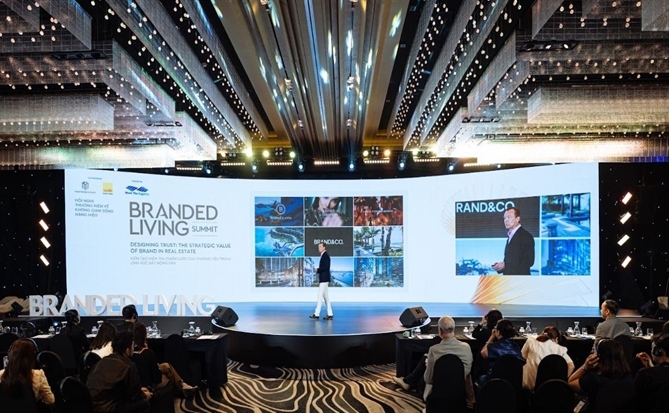
_131447820.png)







